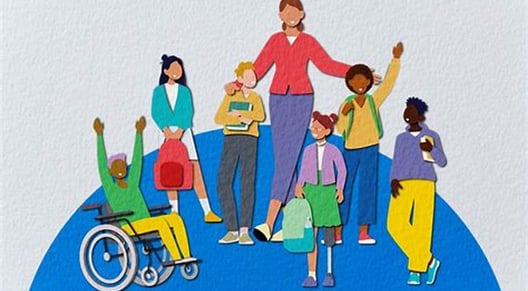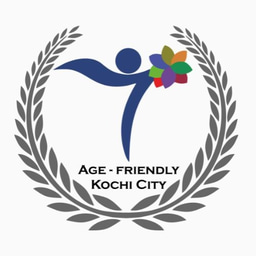Age with Dignity: Respect and Inclusion in the Age- Friendly City
An age-friendly city that respects and includes older adults, fostering their social connection and valuing their contributions.
RESPECT AND SOCIAL INCLUSION
Asish K M
5/5/20242 min read


Age with Dignity: Respect and Inclusion in the Age- Friendly City
Respect and social inclusion are the cornerstones of a truly age-friendly city. It's not just about accessible sidewalks and discounted bus fares – it's about fostering an environment where older adults feel valued, heard, and empowered to participate in all aspects of civic life.
Beyond Stereotypes: Recognizing the Diversity of Older Adults
The term "elderly" often conjures up a singular image. However, our senior population is incredibly diverse. Their needs, interests, and abilities vary greatly. An age-friendly city acknowledges this diversity and tailors its approach accordingly.
Combating Ageism: Ageism, the stereotyping and discrimination based on age, can be a significant barrier to social inclusion. Awareness campaigns and sensitivity training for service providers can help dismantle these biases.
Accessibility Beyond Ramps: Accessibility goes beyond physical barriers. Ensuring clear signage, user-friendly interfaces, and diverse communication methods (written materials, audio recordings, etc.) caters to varying needs and abilities.
Empowering Choice and Control: Respecting the autonomy of older adults is crucial. Programs and services should offer choices and allow for individual preferences, fostering a sense of dignity and control.
Building Inclusive Spaces: Bridging the Gap Between Generations
Creating inclusive spaces where all ages feel welcome is key to fostering social inclusion:
Intergenerational Events and Programs: Organizing events or programs that bring together people of all ages, from community gardens to intergenerational sports leagues, promotes understanding and breaks down age barriers.
Senior Mentorship Programs: Connecting experienced retirees with younger professionals or students allows for knowledge transfer, promotes intergenerational respect, and provides valuable guidance to the next generation.
Accessible Public Spaces: Parks, museums, libraries, and other public spaces should be welcoming and accessible to people of all ages and abilities. This fosters a sense of shared community and encourages interaction between generations.
Beyond Physical Needs: Recognizing the Emotional Well-being of Seniors
Social inclusion goes beyond physical proximity. Loneliness and isolation are significant challenges for many older adults. An age-friendly city prioritizes their emotional well-being:
Friendly Visitor Programs: Programs that match volunteers with isolated seniors for regular visits can provide companionship, combat loneliness, and offer a sense of connection.
Mental Health Support: Ensuring access to mental health resources specifically geared toward the needs of older adults is crucial for their overall well-being.
Technology Training: Providing seniors with accessible technology training and resources helps them stay connected with loved ones, access information, and feel more engaged with the world around them.
Benefits Beyond Age
By prioritizing respect and inclusion for older adults, we create a better city for everyone:
Stronger Communities: Inclusive communities are more vibrant and resilient. They foster empathy, understanding, and a sense of shared responsibility.
Economic Growth: Engaged and active seniors contribute to the local economy as volunteers, consumers, and even entrepreneurs.
Enhanced Social Cohesion: Respectful interactions between generations create a more cohesive and supportive social fabric within the city.
Building a City Where Everyone is Valued
An age-friendly city doesn't just cater to the needs of the elderly; it recognizes the value and potential of all its residents. By fostering respect, promoting social inclusion, and creating opportunities for meaningful intergenerational connections, we build a city where everyone feels valued, respected, and empowered to contribute, regardless of age.
What can you do?
Challenge ageist stereotypes in your daily interactions.
Volunteer with organizations that promote social inclusion for seniors.
Be a friendly face in your neighborhood – reach out to an older neighbor and offer help or companionship.
Together, we can create a city where everyone, at every age, feels a sense of belonging and respect.
